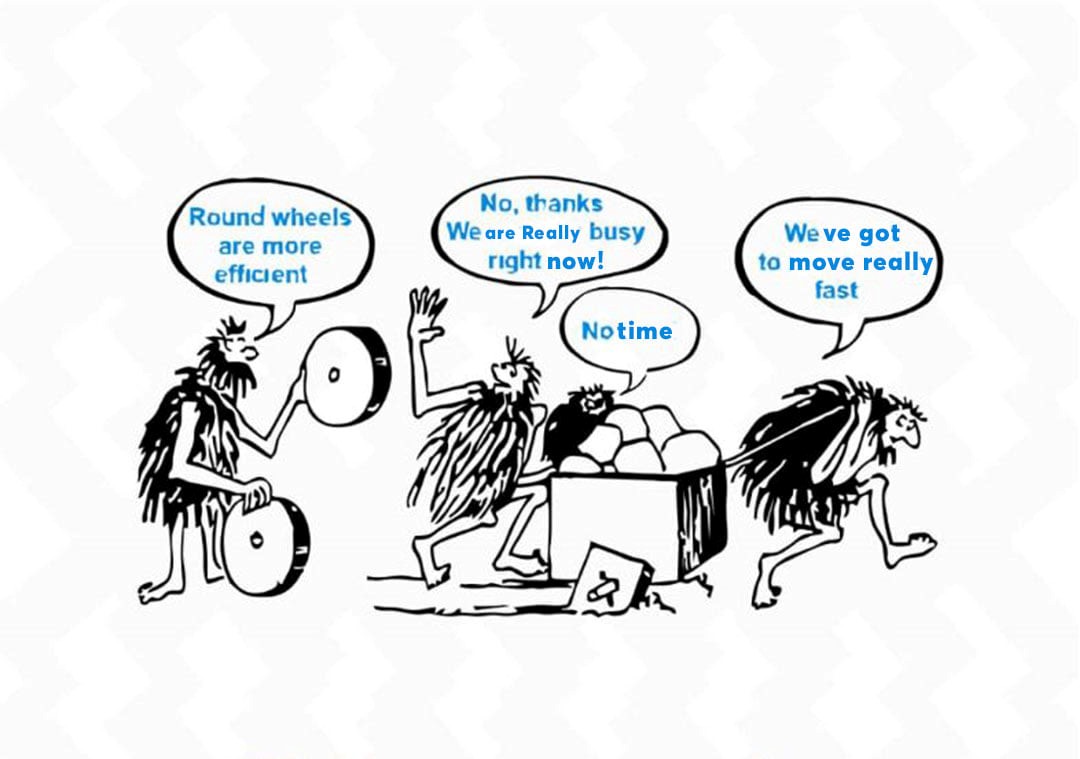The Cooperative Structure: A Story of Doing More Together

Helen Keller in one of her popular quotes said alone you can do little but together we can do so much, How true? The cooperative structure is an undying tradition that has been of immense help to so many that have taken advantage of it. The cooperative has been instrumental in helping individuals build a savings culture, an important skill required for financial freedom. Spending far less than you earn is key to building your savings culture.
The structure of co-operatives we believe is one the reasons it has survived this long all around the world especially in Africa, what distinguishes them most from other forms of business is that A co-operative has members (cooperators), and those members have a direct say in how their co-op develops, the products and services they sell, and the prices they charge, so the cooperative is practically run by its members, collectively elect a co-operatives Board of Directors, and may individually stand for election themselves, depending on the type of cooperative society.
Peculiarities of the Cooperative structure
- Members are the ones who decide who will run the cooperatives, and may individually stand for election themselves
- Senior management is responsible for operating a co-op, which includes hiring staff, program/business development, and administration
- The Board is accountable to a co-op’s members, and reports to them at least annually
- In a cooperative society, capital is contributed by all the members. However, it can easily raise loans and a secure grants from the government after its registration.
- A cooperative society thrives on the principle of mutual help. They are the organization of the financially weaker section of society. Cooperative societies convert the weakness of members into strengths by adopting the principle of self-help through mutual cooperation.
However, there are cooperatives setups by individuals to help individuals with savings and easy access to credit in their location, this type of cooperative structure is a little different from the normal structure this are purely setup for business purposes and the cooperators might not be able to determine how the cooperative is managed.
Impact of cooperatives societies
Cooperatives have contributed significantly in several areas to society and also the members, areas like Job creation and poverty reduction. Cooperatives are thus stabilizing regional economic cycles and can generate regional employment.
- Housing- In the area of housing you can see Estates and plots of land owned by cooperatives and sold to their members at a subsidized rates and on payment plans, what could have been difficult for individuals to achieve alone through the cooperative can get done easily, Several cooperatives we currently work with have land and housing facilities members can key into to enable them to ease the hassle of doing it on their own which might be impossible for some especially the low-income earners.
- Job Creation- Cooperatives have been instrumental in the creation of thousands of jobs around the world We see cooperatives owning businesses, offering micro-credit to members to start a new businesses, and providing business support tools to members to aid their businesses, this has resulted to the creation of several jobs for individuals Based on data from 156 countries, the updated estimate shows that employment in or within the scope of cooperatives concerns at least 279.4 million people across the globe, in other words, 9.46% of the world’s employed population. For instance, New Kosol cooperatives have been able to provide Keke Napep on a repayment plan to members of its cooperative as a means of empowering them.
- Agriculture- Cooperatives have been supporting farmers to increase productivity through the provision of essential services like information, micro-credit, of taking of products taking off some very important loads of the farmers. The role of cooperatives in agricultural development is numerous. members enter a bigger market to sell their goods and buy input supplies at lower prices
Cooperatives societies have shown that they have the capacity to reach many of the poor and excluded that are neither conventional markets for goods and services, the impact of cooperatives has been felt in virtually every sector in our society both on the side of the individuals and on the economies of nations at large
What Coops means to us at ASUSU
We believe that cooperatives can lead the renaissance for the revival of the global economy. Cooperatives are mostly made up of members of the same community with similar interests and are mostly located in rural or semi-urban areas where they have less access to digital financial services. We are certain if properly positioned the cooperative will have a greater impact that’s why set out to build ASUSU the cooperative management platform that has helped several coops with seamless management of their activities and organization of their data, we have also been able to introduce coops to information and business opportunities available to them







